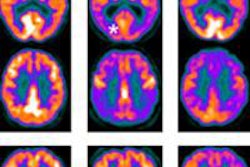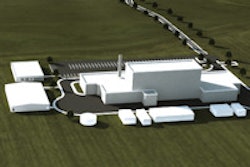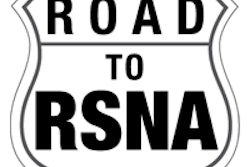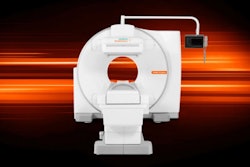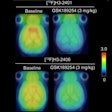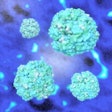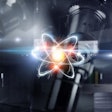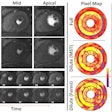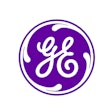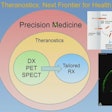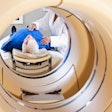NorthStar Medical Radioisotopes has been awarded $5.2 million in additional funding by the U.S. Department of Energy's (DOE) National Nuclear Security Administration (NNSA) for the production of molybdenum-99 (Mo-99).
The grant supports the continued development and commercialization of NorthStar's neutron capture process for producing Mo-99 without the use of highly enriched uranium.
Under the terms of the cooperative agreement -- originally signed in 2013 -- NorthStar is matching the contribution. The DOE/NNSA cooperative agreements for domestic Mo-99 partners are awarded on a 50-50 cost-sharing basis, up to a total of $25 million. The agreement currently has a value of more than $32.2 million, with more than $16.1 million contributed by DOE/NNSA, NorthStar said.
The agreement is part of the Global Threat Reduction Initiative, established by NNSA to reduce and protect vulnerable nuclear and radiological material located at civilian sites worldwide. Once it's approved by the U.S. Food and Drug Administration (FDA), the neutron capture process will establish reliable, U.S.-based production of Mo-99 without the use of highly enriched uranium.
NorthStar, working in collaboration with the University of Missouri Research Reactor (MURR) in Columbia, MO, would help establish the first U.S. source of Mo-99 since 1990, the firm said. The neutron capture process -- nonuranium and nonfission-based -- generates only a benign waste stream.





